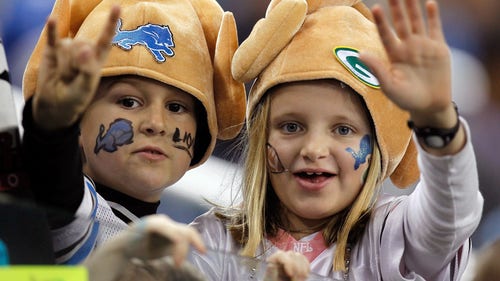Former Army star Gary Steele invited, can't attend big game
WEST POINT, N.Y. (AP) — Fans won't be allowed at the Army-Navy game at West Point on Saturday because of COVID-19 restrictions, but Army athletic director Mike Buddie made an exception for Gary Steele.
Steele, a retired colonel, was one of about 30 Black students at the academy in the mid-1960s and became its first Black varsity football player in 1966, paving the way for others to follow in his footsteps.
Among them were current West Point superintendent Lt. Gen. Darryl A. Williams, the first Black to hold that position at the academy and a former defensive lineman. Williams graduated from West Point in 1983, 13 years after Steele.
“It’s still hard for all of us to believe that it took until 1966 for the color barrier (on the football team) to be broken at West Point,” said Steele’s daughter, Sage, an ESPN anchor who’s helping the game's presenting sponsor, USAA, celebrate the tradition and rivalry of the Army-Navy game through the website ArmyNavyHouse.com.
“He was the first Black varsity player there, and it’s amazing because if you look at the team photo from back then, it’s pretty easy to spot him. In a sea of his white teammates, he’s right there in the middle," she said.
The 74-year-old Steele, who also served as a football assistant coach at West Point, had to decline the offer, his daughter said, because he's battling cancer back home in Carlisle, Pennsylvania.
“He was going to get in his car and drive up to see history at West Point, but my mother had to say, ‘Gary, with everything going on, you cannot,’” Sage Steele said.
Rest assured he'll be watching the first Army-Navy game at West Point since 1943.
“The week of the game he gets quite nervous,” Sage Steele said. “It's really special to see. It's like it was yesterday (when he played in the game).”
with 66 receptions for 1,111 yards and seven touchdowns and helped Army to a pair of victories over Navy. He also earned four varsity letters in track and field, two indoors and two outdoors, and was enshrined in the West Point Hall of Fame in 2013.
“It's never been about that (being the first Black varsity football player)," Sage Steele said. “He just wanted to go and play football and be a great teammate and prepare himself to serve his country. He just happened to be very good at it.
”He's said this a million times and I'll continue to say it, ‘Somebody had to be the first. It just happened to be me.’ He's very proud. As he has gotten older he has realized the importance of it."
___
More AP college football: https://apnews.com/tag/Collegefootball and https://twitter.com/AP_Top25



